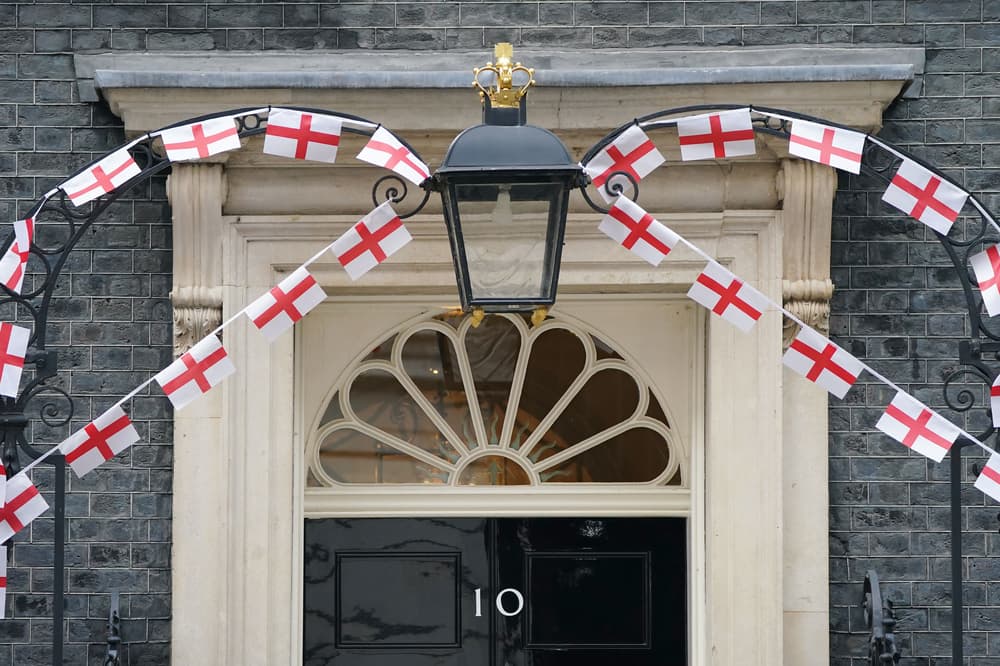

English voters who do not have a devolved national parliament face a “democratic deficit”, a Conservative MP has warned.
Andrew Rosindell described himself as a “strong supporter” of the UK Parliament in Westminster but told the Commons that English people suffer with a “rather diminished democratic voice”.
Unlike Northern Ireland, Scotland and Wales, where some decisions are taken by lawmakers in Stormont, Holyrood and Cardiff Bay, England does not have a devolved national assembly.

Mr Rosindell told MPs that after the devolution process in the late 1990s, “for the first time in centuries, the unifying lynchpin of these islands – the crown in Parliament – seemed to have been wrenched out of place”.Speaking in a debate about English Affairs, the Conservative MP later added: “What must in any case be acknowledged is that England, the most populous region with the biggest economy, is the only home nation not to have her own devolved parliament.
“This has created a democratic deficit in which the proud people of England, such as those in my constituency of Romford, Essex, are left with a rich cultural heritage, as I’ve outlined earlier, and without a fully developed but rather diminished democratic voice.”
Father of the House Sir Edward Leigh, the Conservative MP for Gainsborough, urged Mr Rosindell to “please spare us another parliament”.
The Romford MP replied that he was a “very strong supporter of this Parliament and of this United Kingdom”, added he “would have most certainly not voted to break up our United Kingdom in the way that we have done”, and said he would “love to see” the London Assembly abolished in the capital.
Liberal Democrat Scotland spokeswoman Christine Jardine intervened and said: “What we did was devolve some of the power closer to the people so that they felt more represented, not in an attempt to break up the country, but – as a member of the party who was instrumental with the Labour Party in achieving it – so that we held the country together but gave people the feeling of being closer to where decisions were made.”
Mr Rosindell replied that he thought “all members of Parliament should be equal and elected representatives should be equal, but if you make different types of elected representation at different levels, it obviously means that English MPs have a different role than Scottish MPs, because they have Members of the Scottish Parliament in Scotland, which have another role”.
Labour MP Adam Jogee, who opened the debate, had earlier said: “We must work to ensure that people across England, and indeed all those across the United Kingdom, continue to feel pride in our flag and in our communities, and feel hope for the future and respect for our past.”
The Newcastle-under-Lyme MP added that “any talk about love for flag and country must be matched by an investment in the people who make them what they are – investment in our national health service, in our education and employment support services, in our arts and culture, and in our villages, towns and cities”.
Read More
Communities minister Rushanara Ali said St George’s day was an opportunity to “fight against the forces of division” that present the English identity as “an exclusive identity, that is a white only identity”.
Mr Rosindell intervened and asked: “Would the Government consider St George’s Day to become a public holiday in England?”
Ms Ali replied that she could not “respond with a positive answer right now”.
She added: “We must inspire the next generation to carry forward the best of England through education, opportunity and the belief that no matter who you are or where you come from, you belong and you can help shape this country’s future.”



